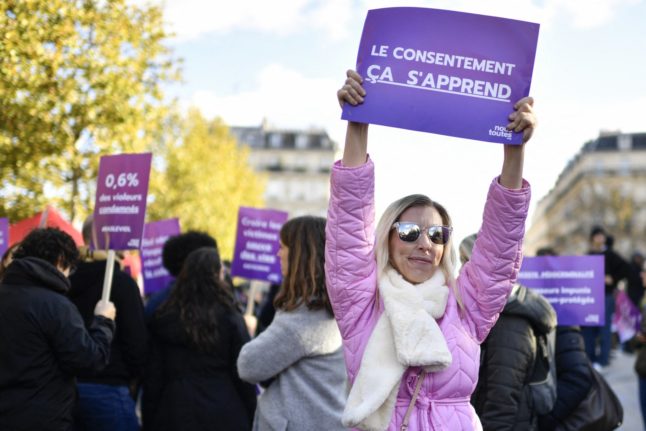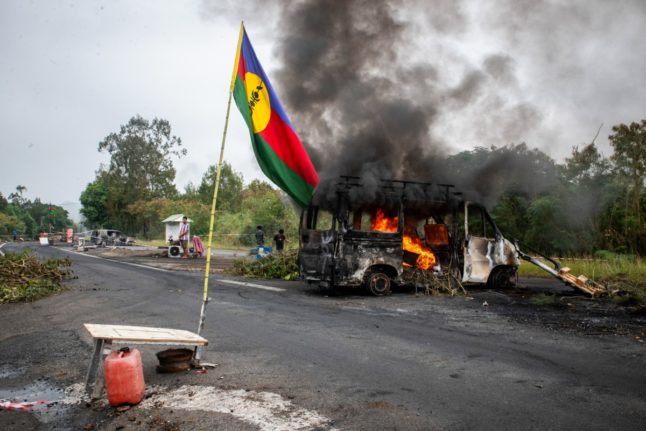During a filmed exchanged with the head of a feminist organisation, Macron said he was in favour of enshrining a notion of consent, as it pertains to rape and sexual violence, within the French law.
“I am going to enshrine it within the law,” Macron said on International Women’s Day (March 8th), while speaking with Violaine Lucas, the head of the association, Choisir la cause des femmes, which was founded by the feminist lawyer Gisèle Halimi.
The video of the interaction was published on social media.
View this post on Instagram
The comments from the president came shortly after France became the first country to protect a right to abortion in its constitution.
Macron has now also pledged to enshrine the right in Europe’s basic law.
In the days following his conversation with Lucas, the president did not make any further comments about adding consent to the law, and the Élysée Palace refused to respond to questions from the French media.
However, a group of lawmakers is working on a report on whether to add consent to the law that they are to present mid-April.
“It’s good news for women’s rights,” one of them, Greens lawmaker Marie-Charlotte Garin, said after Macron’s remarks.
Macron’s response came after Lucas questioned him about France failing to support an EU initiative in December that would have created a common definition for rape.
The states in opposition argued that rape does not have the cross-border dimension necessary for it to be considered a crime that comes with common penalties across the European Union.
Macron said in the March 8 video that he did not believe rape was a “eurocrime”, but did want to change French law.
Currently, France’s criminal law (code Article 222-23) defines rape as “any act of sexual penetration of any kind or any oral or genital act committed on the victim or forced onto the perpetrator by violence, coercion, threat or surprise”.
Other European countries have attempted to pass sexual consent legislation, including Sweden, Greece, Denmark and Finland.
In 2022, Spain also put forward an ‘only yes means yes’ (sólo sí es sí) law, which was intended to tighten sexual consent laws – however in practice the poorly-designed law has led to the reduction of sentences and even release of some sexual offenders.
READ MORE: How Spain is trying to fix its new trouble-ridden sexual consent law



 Please whitelist us to continue reading.
Please whitelist us to continue reading.
Member comments